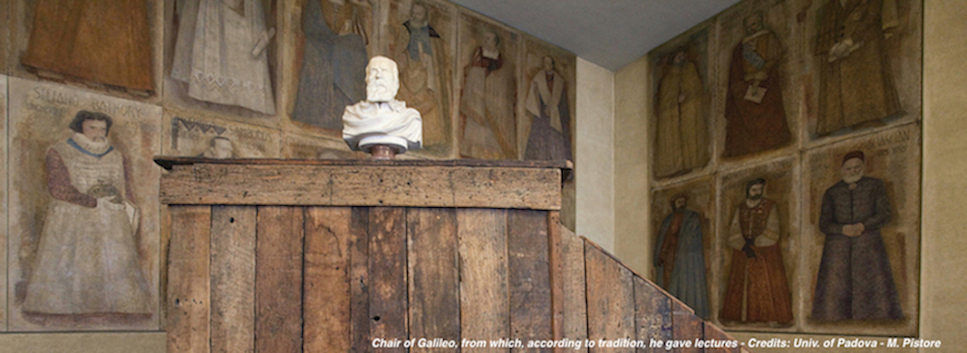Speaker
Description
Active galactic nuclei (AGN) are among the most promising neutrino source candidates, because of their potential to accelerate cosmic rays and also because of the dense photon fields present in their relativistic jets. In support of this hypothesis, IceCube has already observed several high-energy events from the direction of known blazar AGN like TXS 0506+056 and, more recently, PKS 1502+106. Through numerical modeling, we can show that these individual IceCube events can be explained through photohadronic interactions of cosmic rays accelerated in the jet up to ~PeV energies. These same interactions can self-consistently reproduce the multi-wavelength spectra observed simultaneously to those neutrino events. By applying the same model to the entire AGN population, I will show that the diffuse IceCube flux can, under certain conditions, be fully explained by this source class, specifically from the sub-class of low-luminosity BL Lacs. On the other hand, it is also possible that AGN accelerate cosmic rays up to ultra-high (~EeV) energies. In this case, detailed modeling shows that the AGN population can account for the entire observed spectrum of ultra-high-energy cosmic rays, while obeying the current IceCube stacking limits in the PeV regime. We can then expect potentially large amounts of EeV neutrinos, produced both in the source and during propagation (cosmogenic). I will argue that the flux of EeV neutrinos produced inside AGN jets can in fact outshine the cosmogenic contribution, a conclusion that has important implications for the search strategy of future radio neutrino telescopes.

